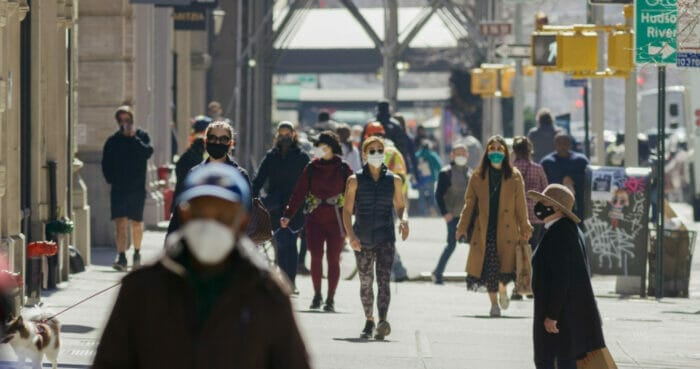
UPDATE: On March 23, 2023, USCIS announced that the COVID-19 related flexibilities originally introduced in March 2020 had ended. Applicants must now respond to any requests or notices from USCIS (such as Requests for Evidence) dated after March 23 by the deadlines indicated in correspondence from USCIS.
U.S. Citizenship and Immigration Services (USCIS) announced last week that it will extend specific COVID-19 related flexibilities. The flexibilities, originally enacted in March 2020 at the start of the pandemic, became permanent immigration policy in summer 2022 and will now extend through January 24, 2023.
As per flexibility guidelines, USCIS will consider a form or response “received within 60 calendar days after the due date set forth in the following requests or notices before taking any action, if the request or notice was issued between March 1, 2020, and Jan. 24, 2023.” The 60-day flexibility applies to the following categories:
Continuations to Request Evidence (N-14);
Notices of Intent to Deny;
Notices of Intent to Revoke;
Notices of Intent to Rescind;
Notices of Intent to Terminate regional centers;
Notices of Intent to Withdraw Temporary Protected Status; and
Motions to Reopen an N-400 Pursuant to 8 CFR 335.5, Receipt of Derogatory Information After Grant
USCIS will also maintain a 90-day response period for Form I-290B, Notice of Appeal or Motion, and Form N-336, Request for a Hearing on a Decision in Naturalization Proceedings.
The flexibilities overall are designed to ease the application process in light of COVID-19 related backlogs and processing delays. You can learn the current status of the green card backlog as USCIS ramps up processing in Boundless’ monthly report.